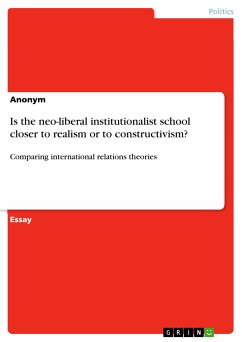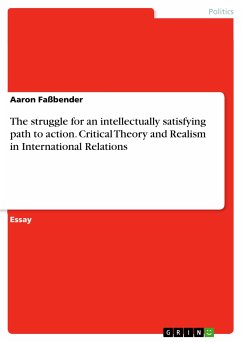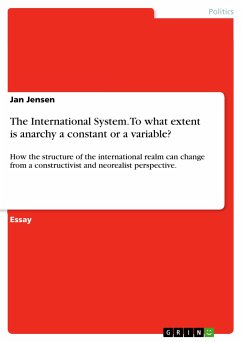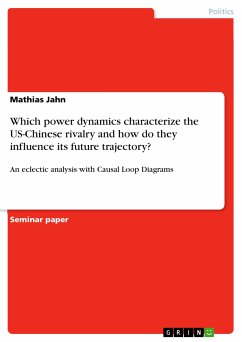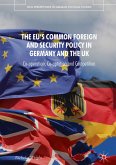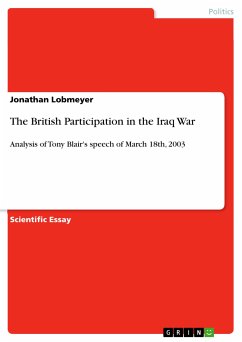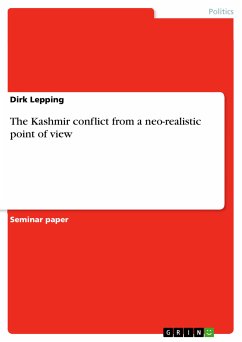Essay from the year 2012 in the subject Politics - International Politics - General and Theories, grade: 1,7, Humboldt-University of Berlin, language: English, abstract: The aim of this essay is to define the basic ideas of three of these main streams in the international relations, namely realism ( and in parts the subschool formed from it- neorealism), neo-liberal institutionalism and constructivism and to examine the main similarities and differences between them. The analysis will be basically formed around the neo-liberal institutionalist school, which will be used as a point of comparison. The speed of global changes has been dynamically growing since 1989, when the Berlin Wall and the massive transformations in Central and Eastern Europe signaled the collapse of the Soviet empire and the Soviet Union. Throughout the Cold War, analysts developed different theories and engaged themselves in debates, sometimes incomprehensible for non-specialists. Realism against idealism, liberalism and constructivism have been discussed in terms of their influence on world politics and the amount of social and political development which they could explain.
Dieser Download kann aus rechtlichen Gründen nur mit Rechnungsadresse in A, B, BG, CY, CZ, D, DK, EW, E, FIN, F, GR, HR, H, IRL, I, LT, L, LR, M, NL, PL, P, R, S, SLO, SK ausgeliefert werden.

